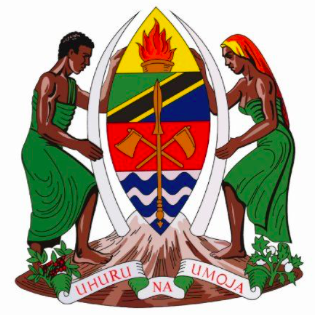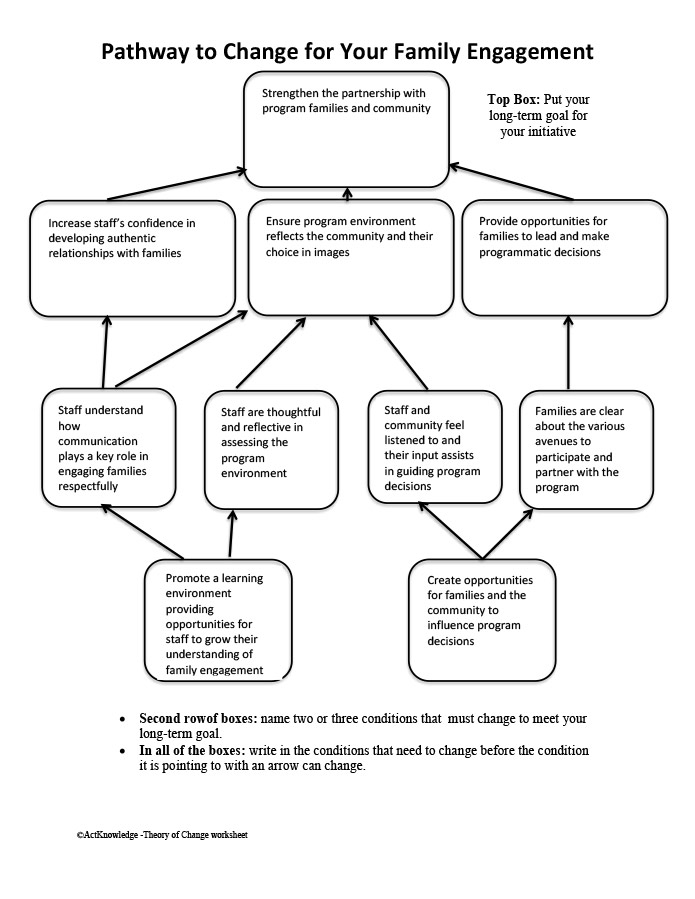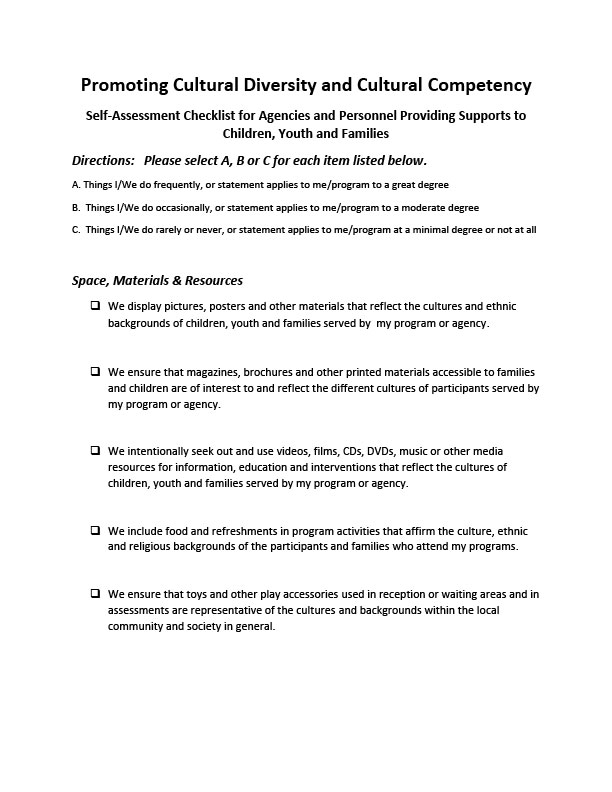A Mile in My Shoes
Think of your families and “take a walk in their shoes.” Notice what you see, hear, and feel and consider how welcome you feel. Invite your staff and colleagues on a virtual tour of the program’s space(s). Write down on a graffiti wall what you saw, heard, and felt as you walked through the program spaces. Take a few minutes to conduct a gallery walk and discuss themes, surprises, and any differences that came up for the team. Identify areas you would like to improve and strengthen. Celebrate successes and strategies that are working well.
Looking with another’s eyes
An environment that reflects the local community supports the development of a sense of belonging. When you can see yourself in a space, you feel connected.
With someone else’s eyes, you might see:
- Clear indicators showing people where to go on arrival—signs, furniture placement, positioning of staff and accessibility of space
- Areas where families can spend some time together or get to know other families
- Spaces that invite families to engage in and contribute to learning experiences
- Staff communicating they are physically and emotionally available to families when something is needed
- Evidence that families are partners- for example: families leading workshops or meeting with program leadership planning events or informing programming
- Displays of participants’ work, creativity, teamwork, and leadership.
Listening with another’s ears
The sounds you hear have an impact on the overall program atmosphere and everyone’s experiences. As people enter your program and move around the space, what they hear will generate different feelings and reactions.
With someone else’s ears, you might hear:
- Staff, young people, and families engaged in conversation
- Families able to express their opinions, ideas, and emotions
- Different languages spoken
- A friendly voice welcoming them
- Sound levels conducive to the environment
- Music during events
Empathize with another’s feelings
The first feelings you have when you walk into a program will depend on how people begin to build relationships with you. These feelings may be affected by initial interactions or how relaxed the environment feels. As people move around the space, they may notice that different areas create different feelings: while some spaces are quiet and restful, other areas create a sense of fun, challenge, or adventure.
When you experience a program’s atmosphere, you might feel:
- That the space greets you in a calm, respectful and unhurried way
- That you can take the time you need to settle in
- That there is time to engage with other families around your experiences or discussions with staff
- That you have a role and place in the program
- That you and your loved one are safe
Being new is a sensory experience
Try using all your senses to imagine (or remember) what it is like to be new in the program! What do you see, hear, smell, touch, and taste? What sensory experiences do you want families to walk out remembering the most? This will help you to create a welcoming environment for your families.[1]
[1] Adapted from Teaching Strategies Y Chart and Children’s Aid Society, Dynamics of Supervision Managers Institute.












